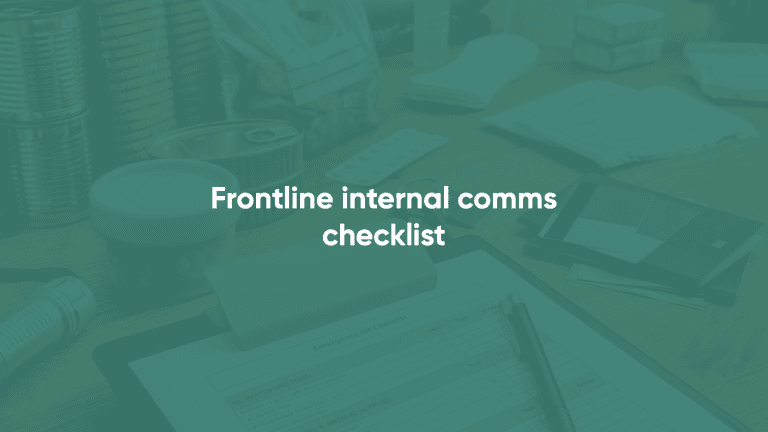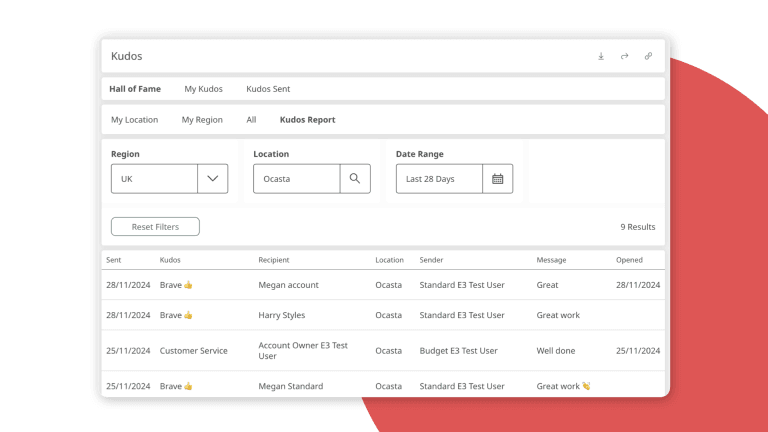
They know there is no consequence – If you don’t make it noticeable that you have a problem with lateness then staff aren’t going to stop being late. This is because there is no consequence for them not showing up on time. It will soon become routine for them to arrive late because your lack of action shows them that they can come in at whatever time they like.
Tip – The consequence doesn’t even have to be big, it could be as simple as saying good morning or asking if they had a hard time getting into work. This shows that you have made a mental note of them being late rather than just letting them come in unnoticed every day. If they continue to be late after this then it’s time to take them aside and ask what the real reason is and, if possible, provide a solution. If there is no reason then a warning should be given to them.
They suffer from optimism bias – These members of staff think everything during their routine before work is going to be easier than it is or take less time than it actually takes. They might continually set their alarm just 30 minutes before they need to leave because they think that gives them enough time even though it never does.
Tip – This person’s best solution is to sit down and make a list of all the things they do in the morning. Next to each of these things they should write the longest time it takes to complete the tasks. Now add everything up and this will give them the longest time it would take to do everything they need to do in the morning. If they stick to this time and set their alarm accordingly they will probably have spare time rather than rushing around and being late.
They are a multitasker – According to a study by Jeff Conte, a psychology professor at San Diego State University, people who multitask are habitually late. This is because multitasking actually makes you less productive. If someone is trying to make their lunch, feed the dog and brush their teeth at the same time then they aren’t actually going to be doing any of them effectively. They’ll take longer to do them and because they’ve already started doing the tasks they are more likely to finish them even if they run out of time.
Tip – This one is easy, stop multi-tasking. They must prioritise what they need and do it in a logical order. They may even find that some things can be done the night before to save time, such as making their lunch.
They are in denial about time – They won’t accept how long things take and always under compensate for the time it takes to do tasks. For instance, their train still has three stops before they get to their destination. Realistically it will be at least another 15 minutes but in their mind, they are thinking “oh well it’s only three stops so shouldn’t take long, will be about 5 minutes.” Not only will this affect their punctuality but it will also affect their ability to meet deadlines at work.
Tip – They must never assume that they know the time. If they’re on a train then they should check the time it gets in online. If they’re with a friend they can double-check how long it will take to do things with them. This will stop them from making up times that aren’t accurate at all.
They don’t really want to be there – Most people are never late when they have to catch a plane for their holiday or see a film they want to watch, yet they are late for work. This may be because they have no desire to be there. If this is the case then they will have no motivation to get up earlier or schedule their time better because they would rather be doing anything than going to work.
Tip – In these cases, you need to find out why your employee doesn’t want to be there and what you can do to change this. Read our article on how to be a good coach and manager to ensure your staff get the most out of their job and enjoy coming to work. If there is no clear reason then it could be a good time to coach them out of their role which is also included in the article.
They have genuine trouble getting out of bed – People who manage to get out of bed without a huge amount of difficulty will find it hard to believe that some people physically can’t get out of bed. They set their alarm 12 times and still manage to sleep through them.
Tip – If this is the case then it’s time they invested in a new alarm, one which will physically force them to get out of bed. Here are some ideas which are guaranteed to get your staff out of their beds.





